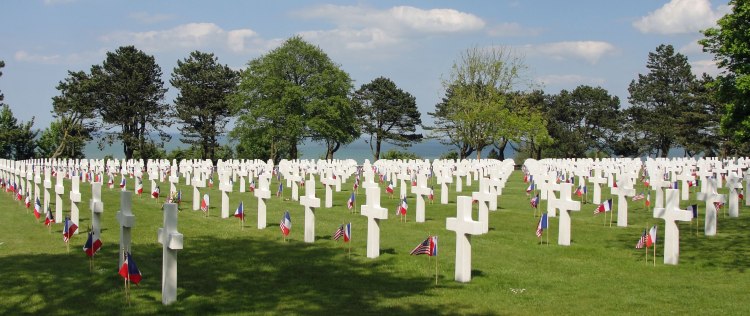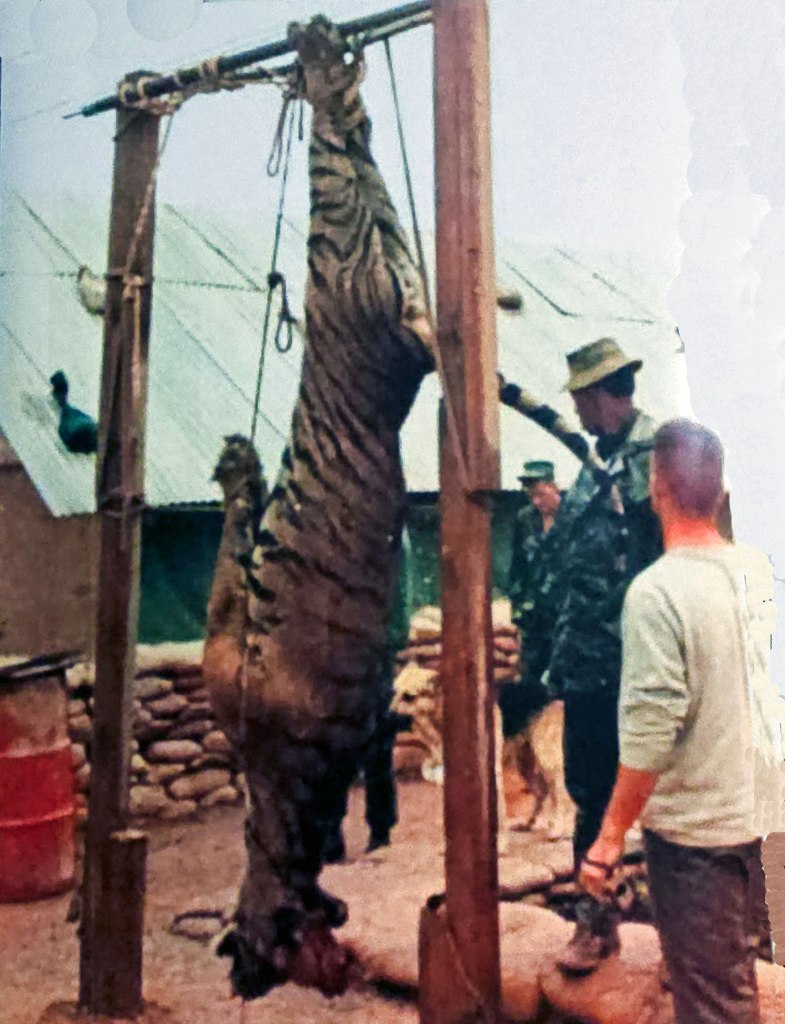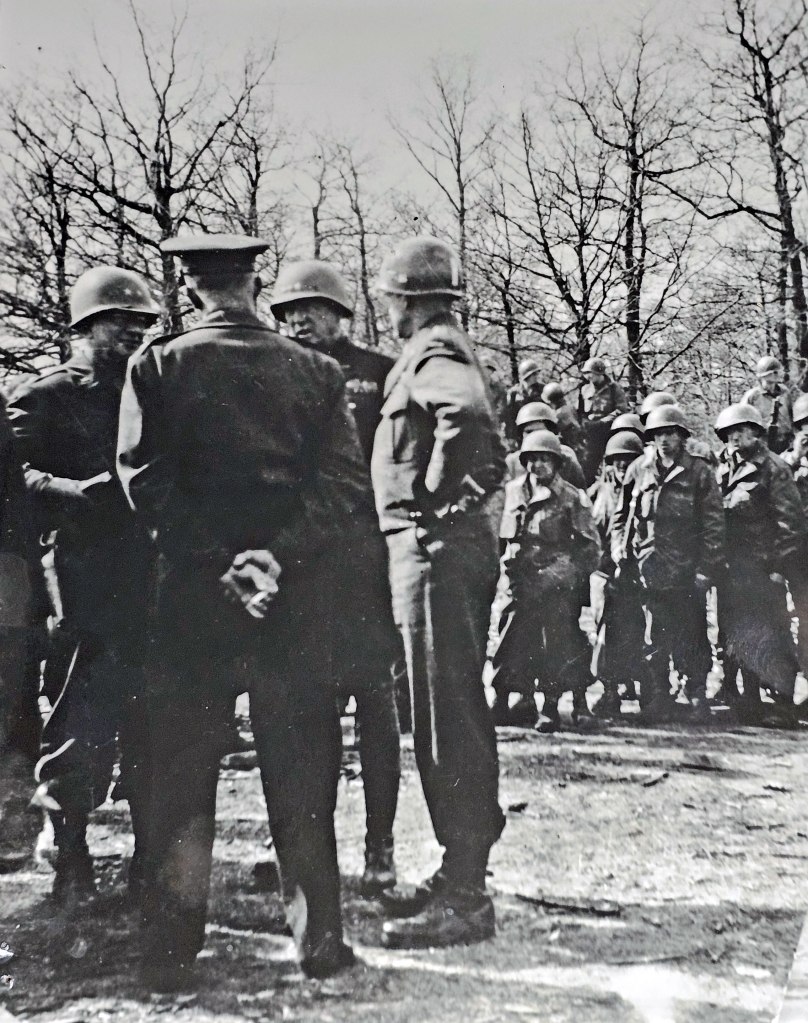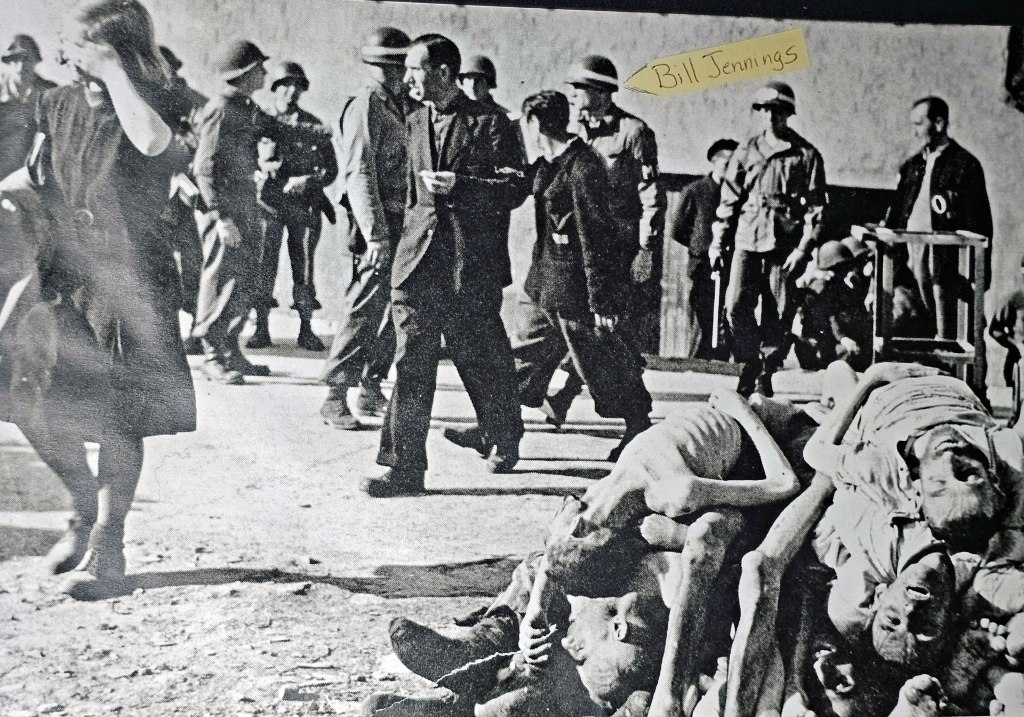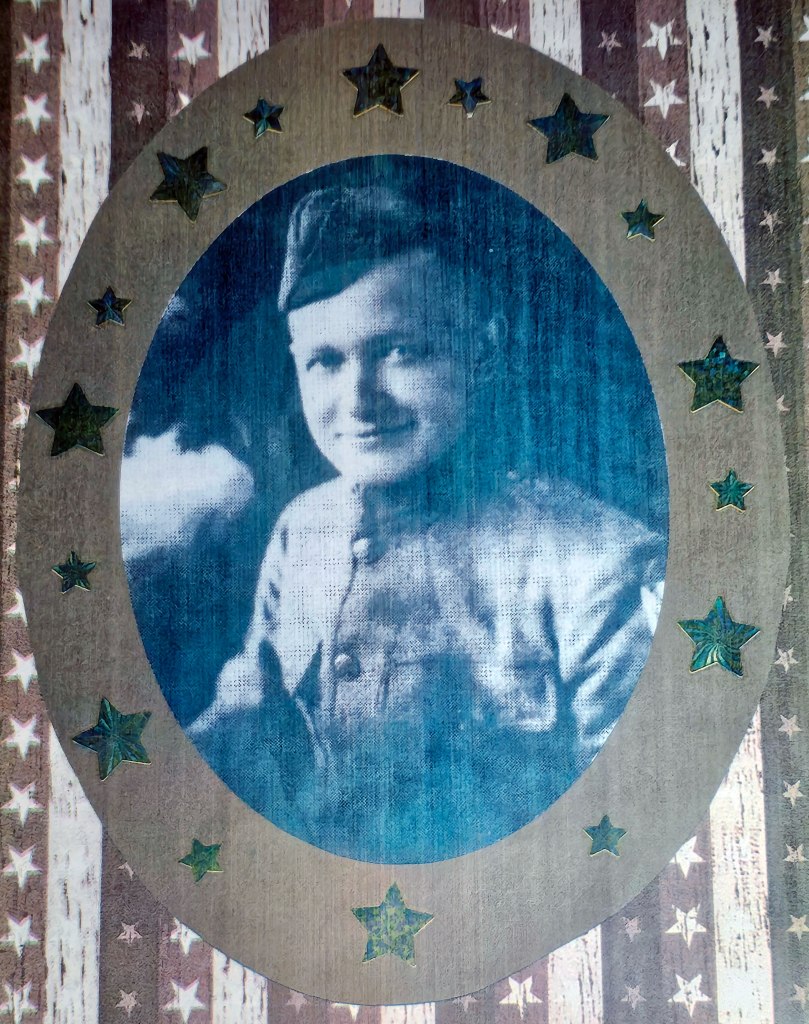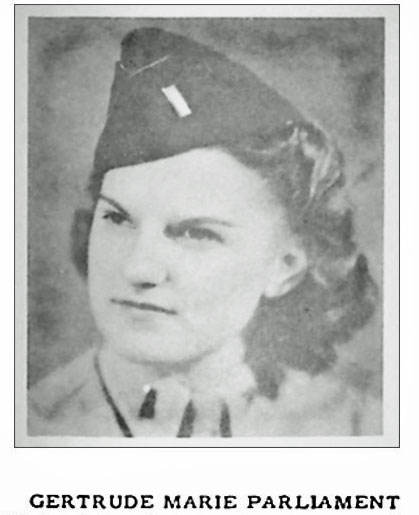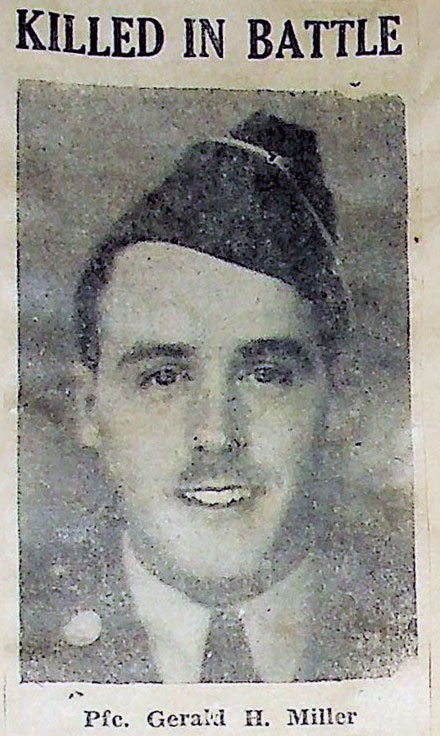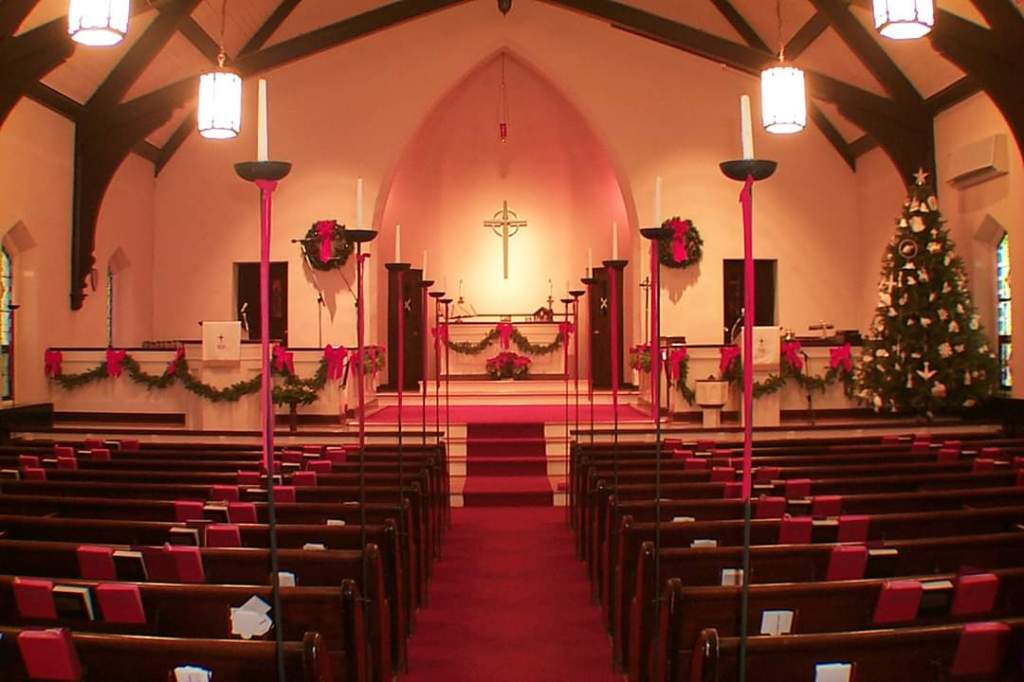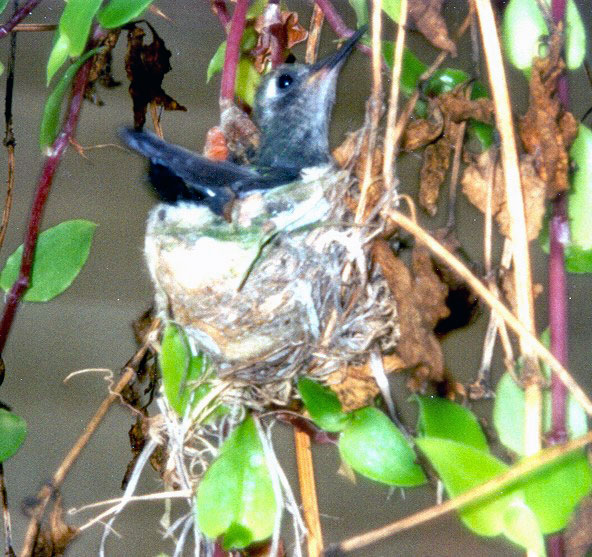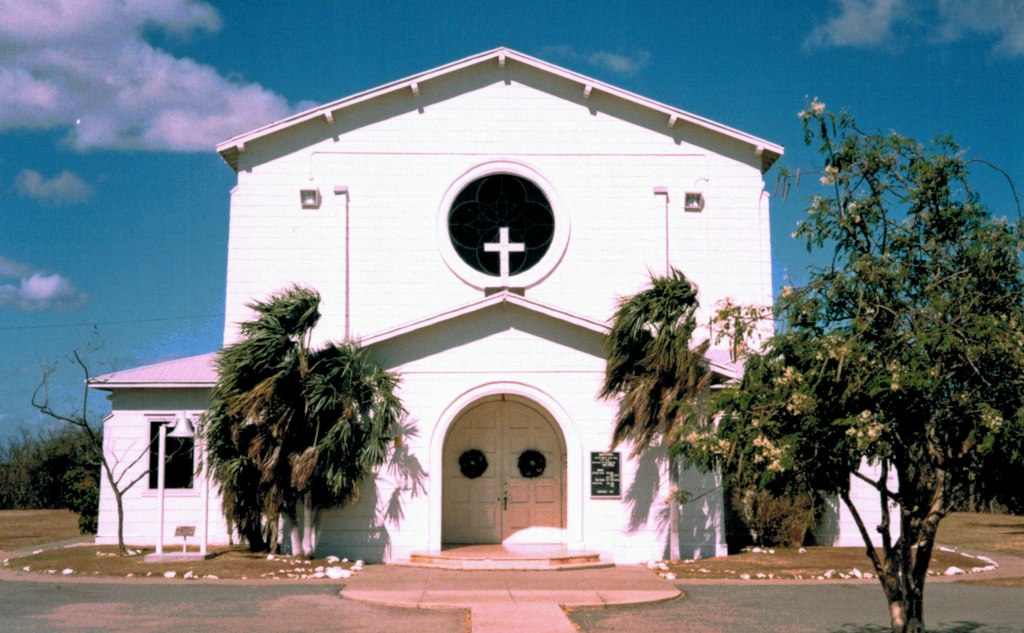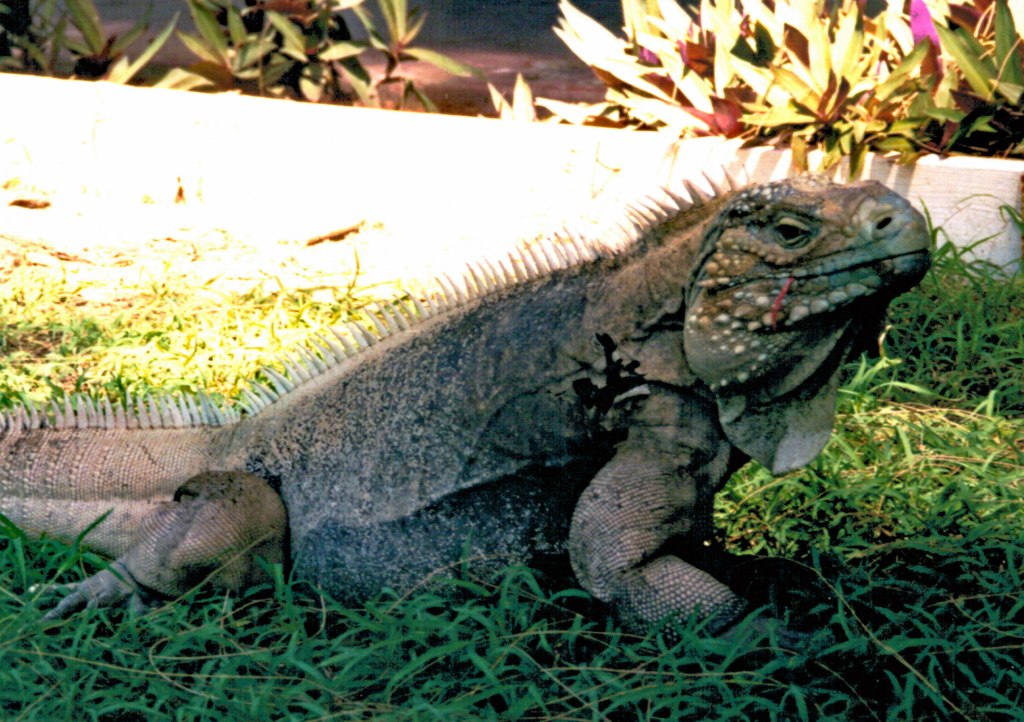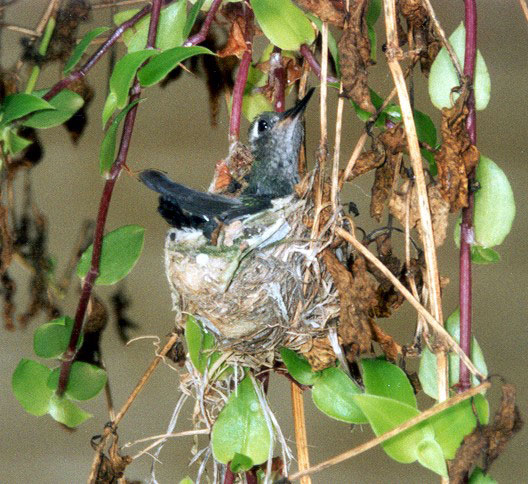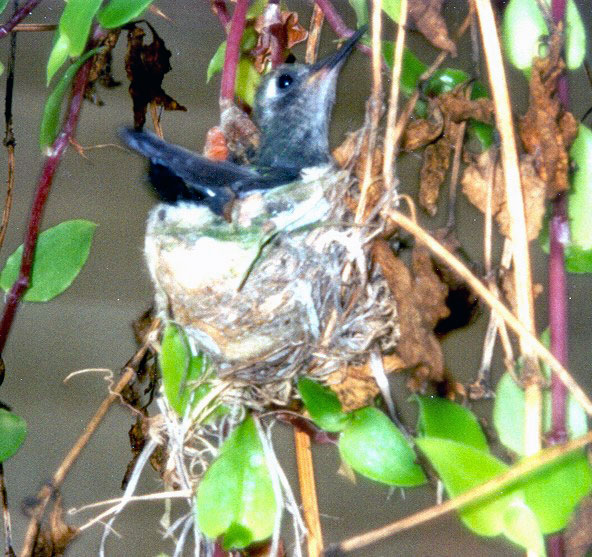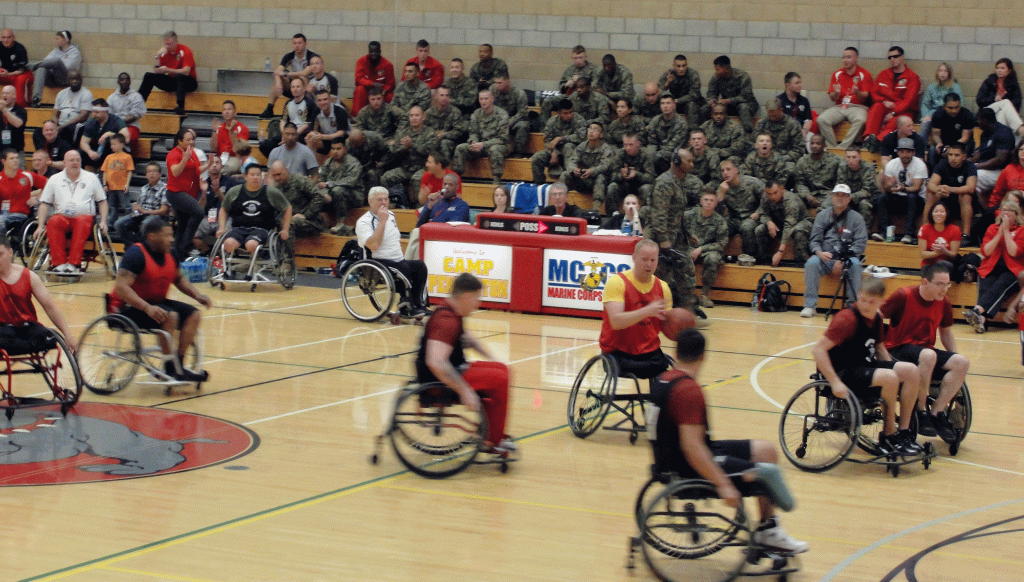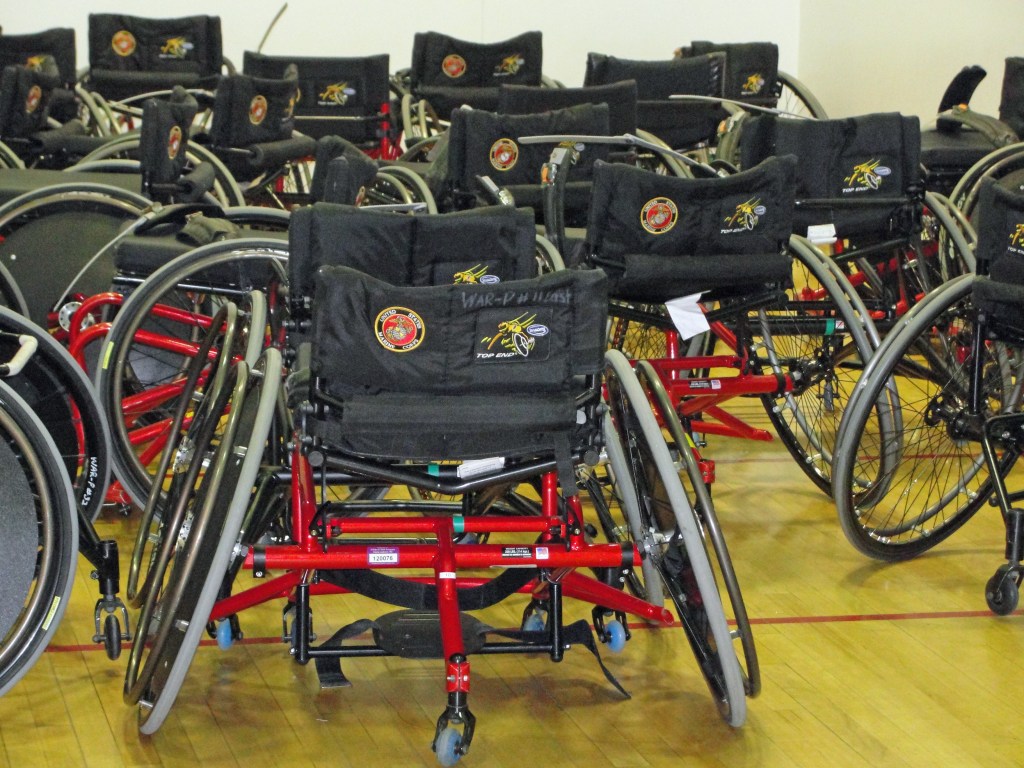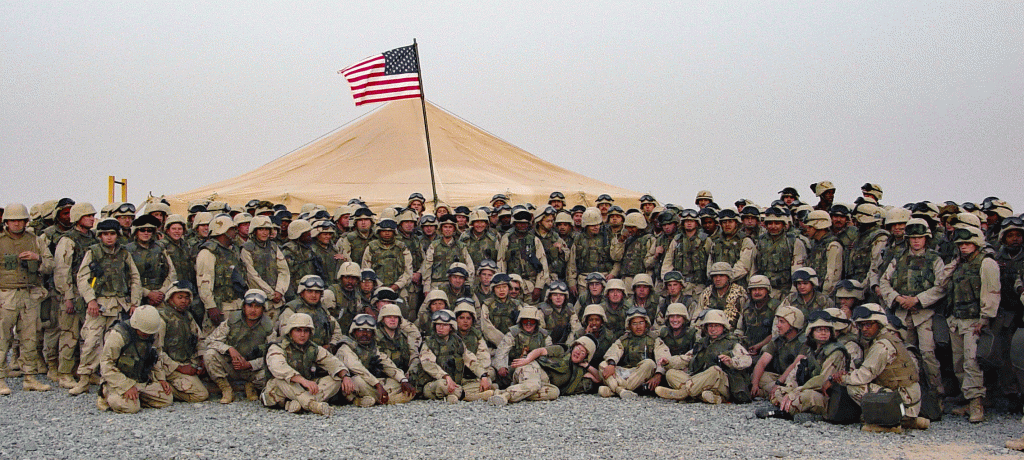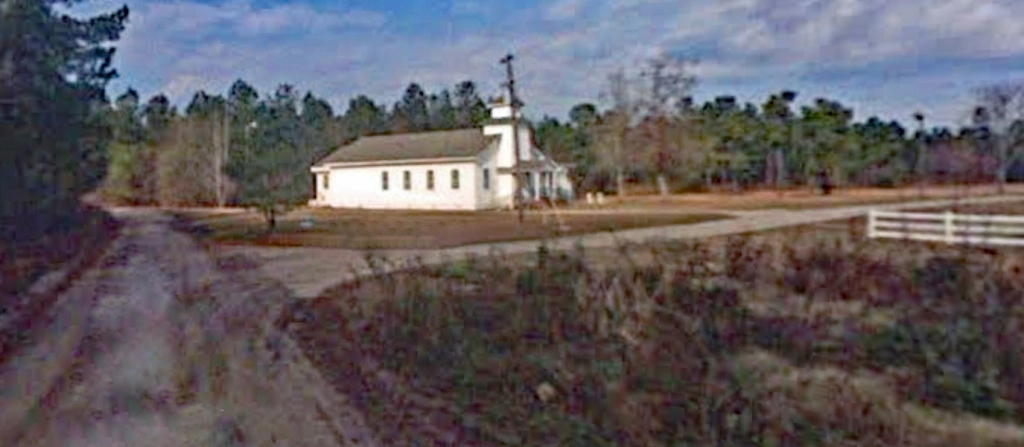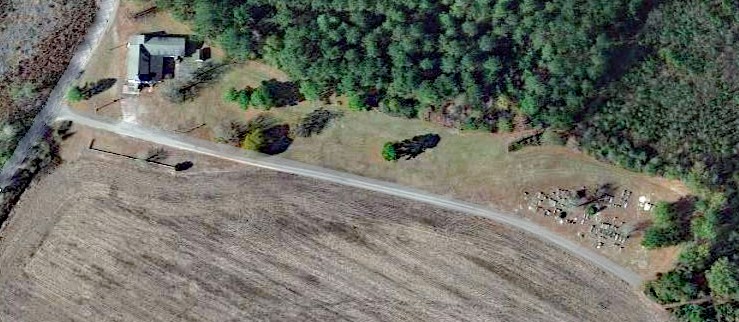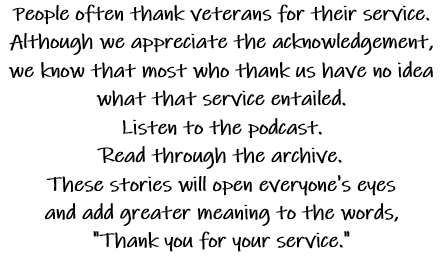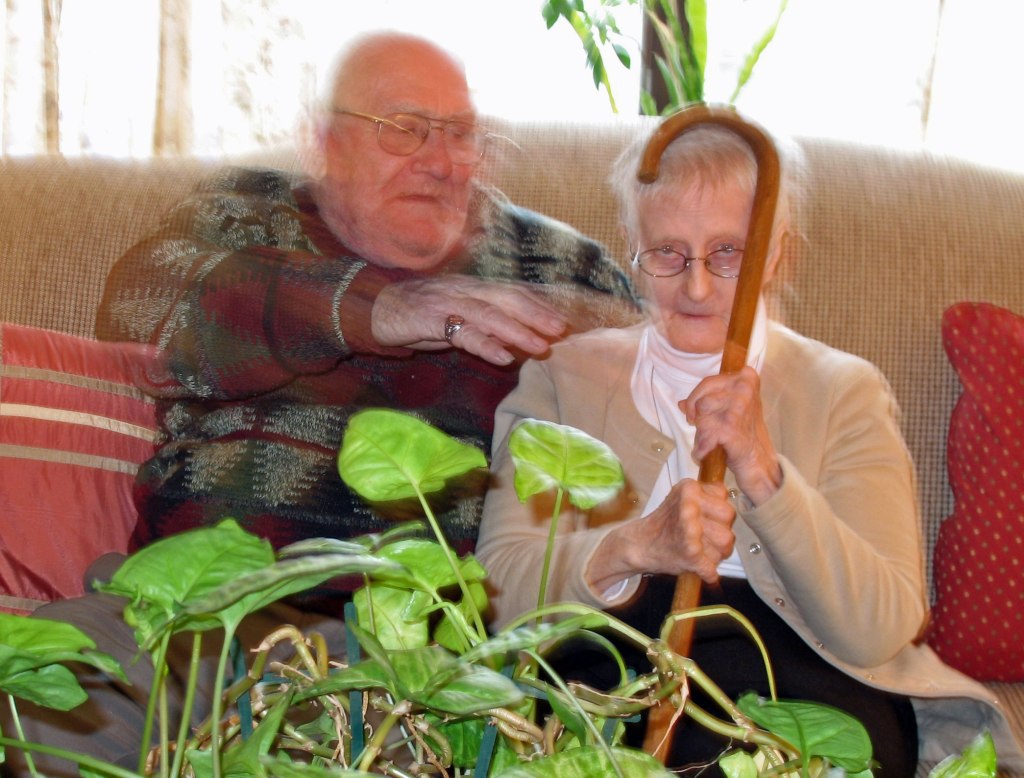
A light snow fell as I turned into our driveway. I parked at the far end. Our yellow house, built in 1927 from a Sears and Roebucks kit, glowed in the afternoon sun. Surrounded by a white picket fence, our home was almost cliché. Thankful for a half-day of work at the Naval Chaplains School, I headed to the front porch to sit on the swing. Even in the cold weather, I enjoyed this spot. Slipping off a mitten, I punched the familiar number into my flip phone. My husband answered on the third ring.
“How goes the battle, Ken?”
“You owe me.”
“Where are you now?”
“On the Orient Point Ferry.”
“And how are they?”
“I dunno. They might have gotten arrested.”
“What?”
“You know your mother. She wouldn’t get out of the car.”
“Again? She knows she isn’t allowed to ride on the vehicle deck.”
“I told her. The guy in charge told her. She’s still there.”
“And my father?”
“What do you think?”
“You’re a saint.”
“Yeah. Saint Kenneth the Long-Suffering Son-In-Law. Gotta go. We’re nearing the port. See you in an hour if they aren’t in handcuffs.”
I closed my eyes and took a deep breath of icy fresh air. Since no calming exercise could prepare me for a parental visit, I headed into the house to get the guestroom ready and steel myself for the inevitable.
When Ken parked next to the porch steps, I came out to greet him.
“Your mother complained the entire trip,” he whispered.
From the backseat, she responded. “Aw, see. I knew you’d talk about me.”
“Your mother stayed awake the entire trip,” Ken said louder. He turned toward her. “Wait, I’ll help you into the house.”
The rear passenger door opened. Two small feet slid onto the wet pavement. Tiny and bent over from rheumatoid arthritis, my mother, Gloria, lived in perpetual battle mode.
“That damn guy on the ferry. He annoyed me. It was none of his business where I sat.”
“Hi Glo.” I walked toward her, then leaned down for a hug.
“Hi, Lovey. I’m surprised you invited us, since you never call.”
Nope. Not biting on this one. I call every week, and we both know it. Why would I miss the chance to hear “not good,” every time I ask how she is?
Glo took Ken’s arm as they headed into the house. I opened the car door for my father.
“Hi, Dad. You survived?”
He grunted.
“C’mon, let’s get you out of the cold.”
He swung his legs out the door, then stood. Turning toward the car, he placed his bare hands on the roof. “Wait.”
“Where’s your oxygen?”
“I had to turn it off. Your mother said it was making too much noise.”
I put my hand on his back. “Take as long as you need.”
We stood in the cold and breathed together until the screen door flung open and my mother stuck out her head.
“Dick, you get in here, now.”
“Dad, are you ready to go in?”
He nodded, then took my arm as we walked up the porch steps and into the warm house. I guided him to the recliner, then retrieved his oxygen. “Please use this.” I turned on the television to mask the noise.
Before my mother could interfere, I offered a distraction. “C’mon, Glo. Let’s sit in the kitchen. I’ll make some tea while Ken heats the casserole.”
My mother followed, eager to share her litany of complaints about neighbors and the folks at church. Creative additions included her pastor dating a Rockette named Trudy and the guy who came to give her an estimate for a new roof, who she was certain had peed into the vacuum cleaner she’d left on the back porch. I listened until rescue arrived.
“Dinner’s ready,” Ken said, casserole balanced between hot mitts.
“I’ll get my dad.”
After dinner, we put on a movie. Glo crocheted while we watched.
“What are you making?” I asked. “Those are the same colors as the sunflower afghan I’ve been working on.
She smirked. “I’m making that afghan for you. You never finish anything you start, so at least you’ll have the afghan you want.”
“But I already bought all the yarn, and it’s half done.”
“And that’s as done as it’ll ever get. I’m your mother. I know you.”
I took a deep breath and reminded myself I “didn’t have to attend every argument to which I was invited.” That’s it. Mother management by mantra. The only way to survive. And what was that other one? “You can’t take out with reason what reason didn’t put in in the first place.” It’s going to be a long weekend.
At the end of the movie, Ken announced, “Okay, everyone. Thanksgiving’s tomorrow. Let’s all get some rest.”
“I can’t miss the Macy’s Thanksgiving Parade. I have to see it,” Glo said.
“Laura will watch it with you while I cook. See you in the morning.”
My parents shuffled to the guestroom, and Ken and I headed upstairs.
“Your job tomorrow is to keep her out of my kitchen while I cook, Ken said. I don’t need any help other than the chance to be away from her.”
“Lucky you. You get the easy job.”
“She’s your mother. I had her from Long Island to Rhode Island. You can handle the sofa.”
Not long after we’d gone to bed, the shouting began. I donned my robe and padded downstairs.
“What’s wrong?” I asked my mother.
“Your father keeps falling asleep.”
“Isn’t that the point of going to bed?”
“No. If he falls asleep, he’ll die.”
“If he doesn’t sleep, he’ll die quicker. Let the man get some rest.”
From the other side of the bed, a raspy voice spoke. “Don’t be mean to your mother.”
“Okay. You. Use your oxygen.” I pointed at Glo. “And you, stop yelling. I’m going back to bed. Oh, and since it’s after midnight, Happy Thanksgiving.”
In the morning, Ken turned toward me. “She kept me awake all night.”
“Me too. My poor father. He’s too frail for this nonsense.”
I headed downstairs. My mother was already on the couch crocheting. My father sat in the recliner with his feet propped, trying to stay awake. Ken brought us strong coffee and bagels as we waited for the Macy’s parade to start. Then he retreated to the safety of the kitchen to cook the turkey.

Glo stayed out of the kitchen until halfway through the Westminster Dog Show that followed the parade. I’d only been in the bathroom two minutes when I heard the shouting.
“How dare you say I shouldn’t have kept Dick awake all night. Why do you have to be so hurtful and mean? You don’t really care what happens to us. He could die. And frankly, I don’t care if you two didn’t get any sleep. I bet Miss Wonderful put you up to saying this.”
I walked into the kitchen. “What’s going on in here?”
“I hope you’re happy. You married a very mean man. I guess you deserve each other.”
Glo shuffled to the guestroom and slammed the door.
I shrugged. “Well, at least my dad can take a nap now. How soon is dinner?”
“Another hour and a half. Do you think she’ll be joining us?”
“Let’s hope not.” I headed into the living room to check on my father. Thankfully, he was asleep.
I stared at the TV screen until dinner was ready.
“Where’s your mother?” my dad asked when I woke him.
“She’s been taking a nap, just like you.”
A voice bellowed from the guestroom. “How could you let him sleep?”
I walked to her door. “Dinner’s ready.”
“I’m not eating with you two.”
“Suit yourself.”
“Why isn’t your mother going to eat? What did you say to her?” my father asked mid-shuffle.
“Just take your seat in the kitchen, Dad. Doesn’t dinner smell yummy?”
“I won’t eat if she won’t.”
Ken lost it. “Everyone. Get your ass in the kitchen. I’m hungry. Fight it out after dinner.”
Lured by the smell and his love of food, my father continued to the booth seating in our 1920s kitchen. “What’s that thing in the wall?” He pointed to the hinged wooden piece close to the table.
“That’s the ironing board. They used to make them that way,” Ken said.
With a change of subject, my mother sauntered in and took her seat. Ken said grace. Then we settled in to a much-welcomed silent meal. When I cleared the table, I noticed my father had not finished his dinner. Usually a voracious eater, this surprised me.
Following the meal, it was rinse and repeat. Crocheting, television, yelling through the night, no sleep for anyone.
In the morning, with two cups of strong coffee under his belt, Ken tried a new form of distraction. Sitting at his baby grand piano, he regaled us with old hymns and familiar show tunes. How he could play the piano on no sleep was beyond me. I was ready to drop, but I sang along anyway.
When it was my turn to distract them, I bundled my parents into the backseat and drove them around Newport, wishfully thinking they might enjoy a bit of benign tourism. We started at the colonial seaport, made even more charming with snow masking the more modern features. Then we headed to Mansion Row. With no other cars on the road, we paused at each estate to recall what we knew of its history. We also pointed out the mansion where Ken and I would be performing with the Salve Regina concert band the following week.
My mother asked, “You still play that clarinet?”
“Yes, and for this concert, Ken is playing French horn.”
Glo grunted. To lengthen our trip, we took the long way home along the shoreline road so my parents could see the wild Atlantic whipping the waves over the frozen sand.
Back home, we headed to the kitchen for Thanksgiving leftovers. I made a plate for my father and heated it in the microwave. When Ken, Glo and I had plates ready, I did likewise. Conversation over dinner centered on things we’d seen along the drive; an improvement over the previous evening’s silence. Everyone joined in except my dad. With eyes partially closed, he stared at the food he’d barely touched. My mother, who by then had found a way to be the center of attention, kept yakking.
When the meal was over, I walked my dad to the couch and made sure he used his oxygen. I turned on the television, and Glo settled in with her crocheting. Halfway through a documentary on penguins, I noticed my dad awkwardly slumped in the recliner, breathing irregularly.
I leaned toward him. “Are you okay?”
He raised his head and shrugged.
“Do you need to go to the hospital?”
He closed his eyes. “Yes.”
Not the answer I expected from a man whose wife controlled his every movement.
“Yes,” he said again.
I stood up. “Okay, change of plans. Dad isn’t feeling well. He needs to go to the hospital.
Ken stood. “I’ll get the car.”
“What do you mean?” Glo asked. “How did you decide that?”
“Dad told me he needed to go, so we’re taking him.”
“No, now, no,” she said loudly. “No, now, no.”
I hated that phrase. Once she’d said it, it couldn’t be contradicted, and woe betide anyone who tried. She’d used it for as long as I could remember.
“Yes. My father is ill. We’re taking him to the emergency room. There’s an excellent hospital a mile from here.”
“Dick, tell her you won’t go. Tell her. Damn it Laura, I have cats. If he has to stay in the hospital here, my cats will die. They’ll be nobody to feed them. Dick, tell her.”
With great effort, my father raised his head. “Your mother is right. I can’t go here. I’ll be alright. I just need to sleep.”
“No, Dick. You can’t sleep. If you sleep, you’ll die.”
I glared at her.
“Okay,” she said, changing tactics. “If he really has to go to the emergency room, he can go to the one at St. Catherine’s in Smithtown.”
“That’s ridiculous. That hospital is four hours away,” I said.
“Please don’t yell at your mother,” my father said. “She has cats. We have to go home. We can’t leave the cats alone too long.”
“But…”
“I won’t go anywhere but St. Catherine’s,” he said.
“Do what your father tells you,” Glo said, with a look on her face that meant she’d won.
I motioned for Ken to meet me in the kitchen. “Neither one of us has slept for the last two nights. The roads are likely to be icy at least through Connecticut, and there’s always traffic around New York City, no matter what time it is. We can’t make that drive.”
Ken shook his head. “I can do it. I worked the road patrol at night for many years. Tired or not, I made it through. Besides, haven’t we suffered enough?”
“Yeah. I’ll be glad for them to go home.”
Ken made a pot of extra-strong coffee while I packed our overnight bags. Glo gathered their things and was standing by the door when I came downstairs. Ken carried our bags and the travel mugs out to the car while I helped my mother outside and into the backseat. Then, Ken and I returned to the house for my father. He could barely walk, even with us both holding him up. Once seated, I affixed his oxygen mask and told my mother he had to keep it on during the trip.
“We’ll see,” she said.
We started our trek just before midnight. All went well at first, but soon I noticed Ken weaving across lanes on I-95.
“The next rest area, you pull in. I’m going to drive.” He didn’t argue.
An hour later, I stopped at the last rest area in Connecticut, near the New York State line. “I need to sleep. I can’t keep myself awake.” I turned to Glo. “Ken and I are too tired to continue safely. We’re going to get a short nap before we continue.”
I reclined the seat slightly and closed my eyes. Ken did the same. Within minutes my mother began a tirade: we weren’t taking care of my father, they were freezing in the backseat and their only daughter didn’t care, we could get mugged in a place like this, what would happen to her cats if she didn’t make it home…
Ken put his seat upright and rolled down the window. “That’s it. I’m driving. Move.”
We got out and met behind the car. He gave me a hug. “You. Keep me awake.”
“Roger, that.”
As he rolled down the driver’s side window, I found a rock station on the radio and cranked it up.
For the next two hours, we blasted ourselves with cold air and loud music. Just after 4 a.m., we pulled up in front of St. Catherine’s emergency room. I checked my father before heading in to get help. He was unconscious.
The staff responded immediately. They transferred him from the car to a wheelchair, then into a bed. While they took his vitals, I returned to the vehicle to retrieve my mother. Once he’d parked, Ken joined us bedside.
“Please stand back,” a nurse said.
“She can’t tell me what to do,” Glo said.
“She’s taking care of your husband,” Ken said. “Let’s give them some room. We moved out of the way, taking Glo with us. We heard the code blue called a few minutes later. As emergency personnel surrounded my father, a paramedic walked over to see if we were okay.
“You all look exhausted. Why didn’t you call an ambulance?”
“We were four hours away,” I said.
“Why didn’t you go to a hospital where you were?”
For a frail woman hunched over with rheumatoid arthritis, my mother made an incredible transformation. Standing as straight as she could, she lunged at the paramedic. “Mind your own damn business. You can’t tell me what to do,” she screamed. “Who do you think you are?”
Hearing the commotion, a nurse approached. Looking right at Ken, she said, “Get her out of here, now.”
Launching into cop mode, Ken grabbed my mother’s left arm with his left hand and placed his right hand on her back. In that position, he walked her out to the lobby. “Sit down and shut up.”
She continued to scream. “Stop that man. Someone, arrest him. He pushed me. Arrest him.”
Ken walked out the door and across the parking lot to a frozen picnic bench to cool off. When no one responded to my mother’s tantrum, she sat down as she had been told.
I waited a minute, then walked over and stood in front of her in silence.
She started again. “You let him treat me that way? Some daughter you are. You two deserve each other. You know I have cats. We had to come here so I could get home for them.”
I remained silent.
“Oh, so now you’re not talking to me. Fine. Be that way.”
I leaned down and looked right into my mother’s eyes. “Are you a widow?”
She stared back at me, but made no response.
“Are you a widow? Do you even know if your husband is still alive? Do you care? Because it sounds like all you care about are your filthy cats. That’s my father in there fighting to stay alive. You hateful witch.”
I turned and walked outside to sit with Ken.
Twenty minutes later, the automatic door opened and my mother shuffled out. Behind her, she dragged a clear plastic bag filled with my father’s clothes.
“The drama continues,” I said. “Let’s get her before she causes more problems.”
We hurried to the car. When we pulled up next to her, I rolled down the window. “Get in.”
She turned her head and continued walking.
“This is ridiculous. Get in.”
“If you must know, they’ve admitted him,” she said. “I’m going to call a cab.”
Ken leaned over me. “Get in, Gloria. Now. We’re taking you home.”
“Laura, do you let him boss you around like that? I’d feel sorry for you, but you deserve what you get.”
Ignoring the vitriol I’d heard too many times, I got out and stuffed the bag of clothes into the backseat. “Get in.”
No one spoke on the way to her house. When we arrived, Ken said, “Look, we’re all exhausted. Laura and I are heading to the diner for breakfast. Come with us. After we’ve all had hot coffee and a good meal, we’ll drop you at home. Then Laura and I will find a hotel room so we can rest.”
Glo fumbled with the car door. When it opened, she slid out and threw the bag of clothes on the lawn. She did the same with her overnight bag. Then she hurried as best she could up the cement path. Grabbing the handrail, she pulled herself up the stoop, unlocked the door and went inside. “Mommy’s home!” she called to her kitties before slamming the door behind her.
I turned toward Ken. “When I was a child, Glo would often gather her cats at her feet and tell them she wished she’d had cats instead of a daughter. She’s finally gotten her wish.”
Ken took my hand. “C’mon, let’s get breakfast.”
Copyright © 2025 bendertales.com
(My father survived for several years after our Thanksgiving celebration. Thank you for your concern...)
